1656 Born: Johann Bernhard Fischer von Erlach, Austrian architect, sculptor and historian (d. 1723)
Johann Bernhard Fischer von Erlach (20 July 1656 – 5 April 1723) was an Austrian architect, sculptor, and architectural historian whose Baroque architecture profoundly influenced and shaped the tastes of the Habsburg Empire. His influential book A Plan of Civil and Historical Architecture (1721) was one of the first and most popular comparative studies of world architecture. His major works include Schönbrunn Palace, Karlskirche, and the Austrian National Library in Vienna, and Schloss Klessheim, Holy Trinity Church, and the Kollegienkirche in Salzburg.
Austrian stamp depicting Johann Bernhard Fischer von Erlach
1807 – Nicéphore Niépce is awarded a patent by Napoleon for the Pyréolophore, the world's first internal combustion
Joseph Nicéphore Niépce (7 March 1765 – 5 July 1833), commonly known or referred to simply as Nicéphore Niépce, was a French inventor, usually credited as the inventor of photography and a pioneer in that field. Niépce developed heliography, a technique he used to create the world's oldest surviving product of a photographic process: a print made from a photoengraved printing plate in 1825. In 1826 or 1827, he used a primitive camera to produce the oldest surviving photograph of a real-world scene. Among Niépce's other inventions was the Pyréolophore, the world's first internal combustion engine, which he conceived, created, and developed with his older brother Claude.
Here are some stamps from Albania and France depicting Nicéphore Niépce
1871 – British Columbia joins the confederation of Canada.
British Columbia (BC; French: Colombie-Britannique) is the westernmost province of Canada, located between the Pacific Ocean and the Rocky Mountains. With an estimated population of 5.034 million as of 2019, it is Canada's third-most populous province.
With the agreement by the Canadian government to extend the Canadian Pacific Railway to British Columbia and to assume the colony's debt, British Columbia became the sixth province to join Confederation on July 20, 1871
Some early British Columbia stamps
1973 Died: Bruce Lee, American-Chinese actor, martial artist, and screenwriter (b. 1940)
Lee Jun-fan (Chinese: 李振藩; November 27, 1940 – July 20, 1973), commonly known as Bruce Lee (Chinese: 李小龍), was a Chinese, Hong Kong American actor, director, martial artist, martial arts instructor and philosopher. He was the founder of Jeet Kune Do, a hybrid martial arts philosophy drawing from different combat disciplines that is often credited with paving the way for modern mixed martial arts (MMA). Lee is considered by commentators, critics, media, and other martial artists to be the most influential martial artist of all time and a pop culture icon of the 20th century, who bridged the gap between East and West. He is credited with helping to change the way Asians were presented in American films.
The son of Cantonese opera star Lee Hoi-chuen, Lee was born in the Chinatown area of San Francisco, California, on November 27, 1940, to parents from Hong Kong, and was raised with his family in Kowloon, Hong Kong. He was introduced to the film industry by his father and appeared in several films as a child actor. Lee moved to the United States at the age of 18 to receive his higher education at the University of Washington in Seattle, and it was during this time that he began teaching martial arts. His Hong Kong and Hollywood-produced films elevated the traditional martial arts film to a new level of popularity and acclaim, sparking a surge of interest in the Chinese nation and Chinese martial arts in the West in the 1970s. The direction and tone of his films dramatically changed and influenced martial arts and martial arts films in the world.
He is noted for his roles in five feature-length martial arts films in the early 1970s: Lo Wei's The Big Boss (1971) and Fist of Fury (1972); Golden Harvest's Way of the Dragon (1972), directed and written by Lee; Golden Harvest and Warner Brothers' Enter the Dragon (1973) and The Game of Death (1978), both directed by Robert Clouse. Lee became an iconic figure known throughout the world, particularly among the Chinese, based upon his portrayal of Chinese nationalism in his films and among Asian Americans for defying stereotypes associated with the emasculated Asian male. He trained in the art of Wing Chun and later combined his other influences from various sources into the spirit of his personal martial arts philosophy, which he dubbed Jeet Kune Do (The Way of the Intercepting Fist). Lee had residences in Hong Kong and Seattle.
Lee died on July 20, 1973 at the age of 32. There was no visible external injury; however, according to autopsy reports, Lee's brain had swollen considerably. The autopsy found Equagesic in his system. When the doctors announced Lee's death, it was officially ruled a "death by misadventure". Since his death, Lee has continued to be a prominent influence on modern combat sport, including judo, karate, mixed martial arts, and boxing. Time named Lee one of the 100 most important people of the 20th century.
Hong Kong stamp depicting Bruce Lee
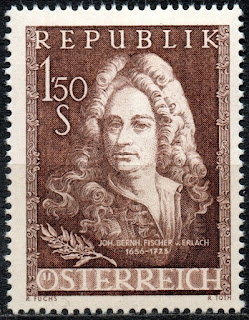
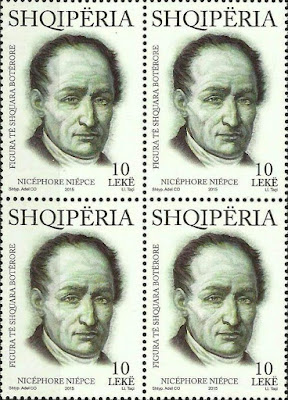

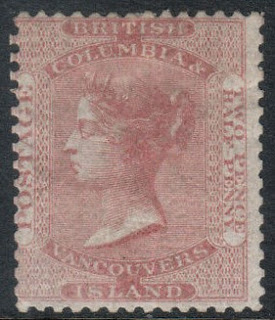
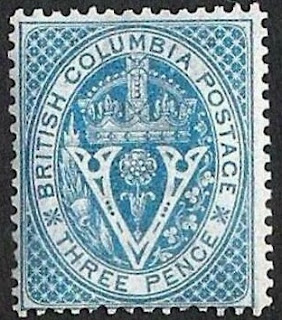
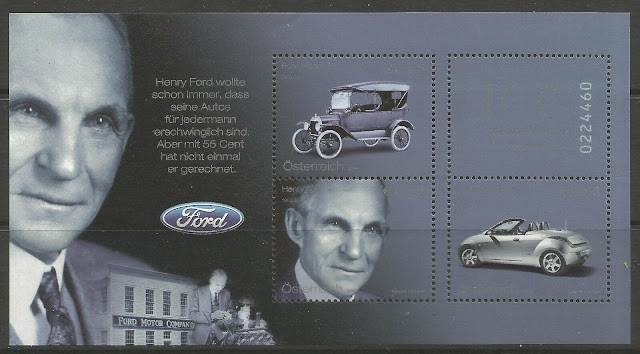

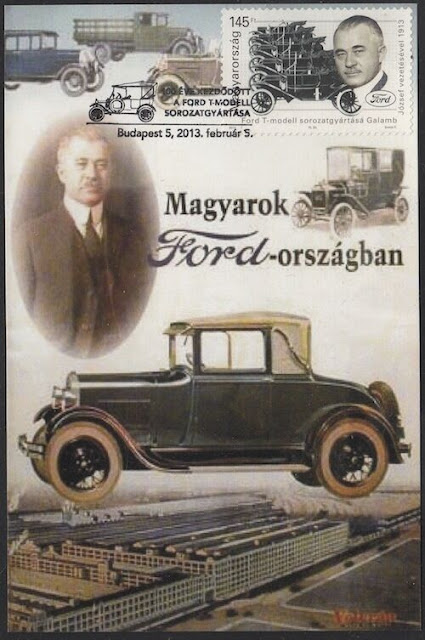







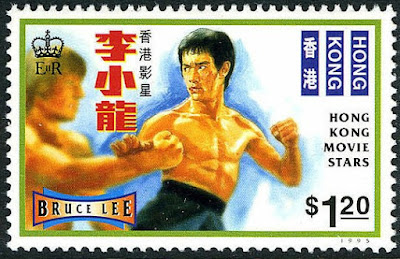
No comments:
Post a Comment